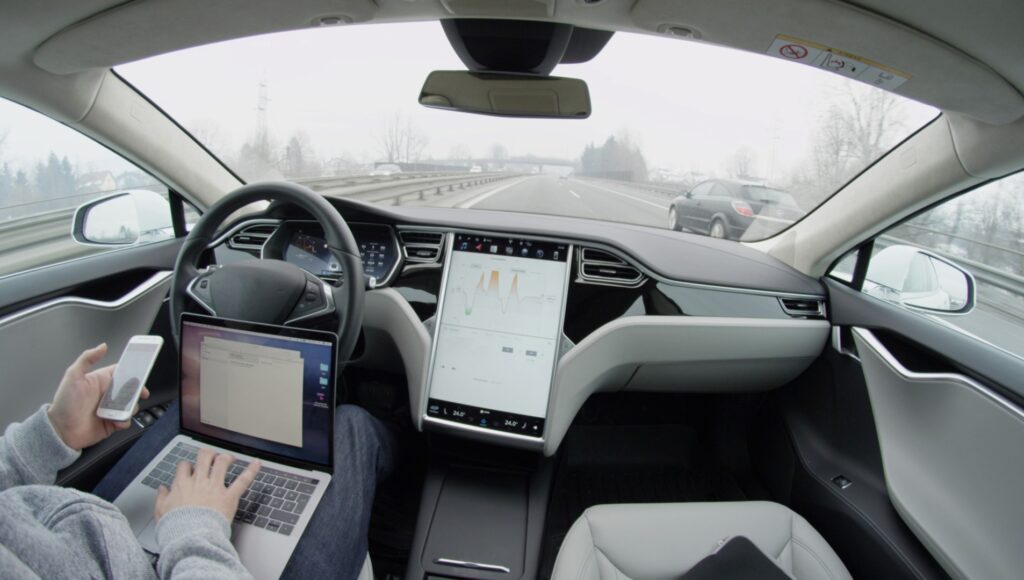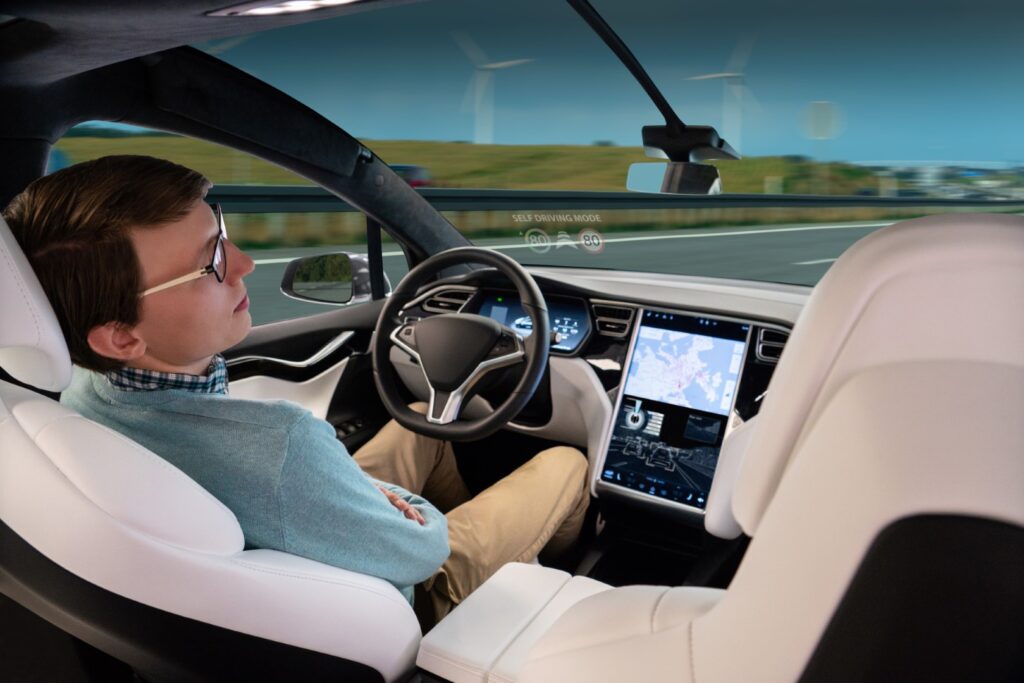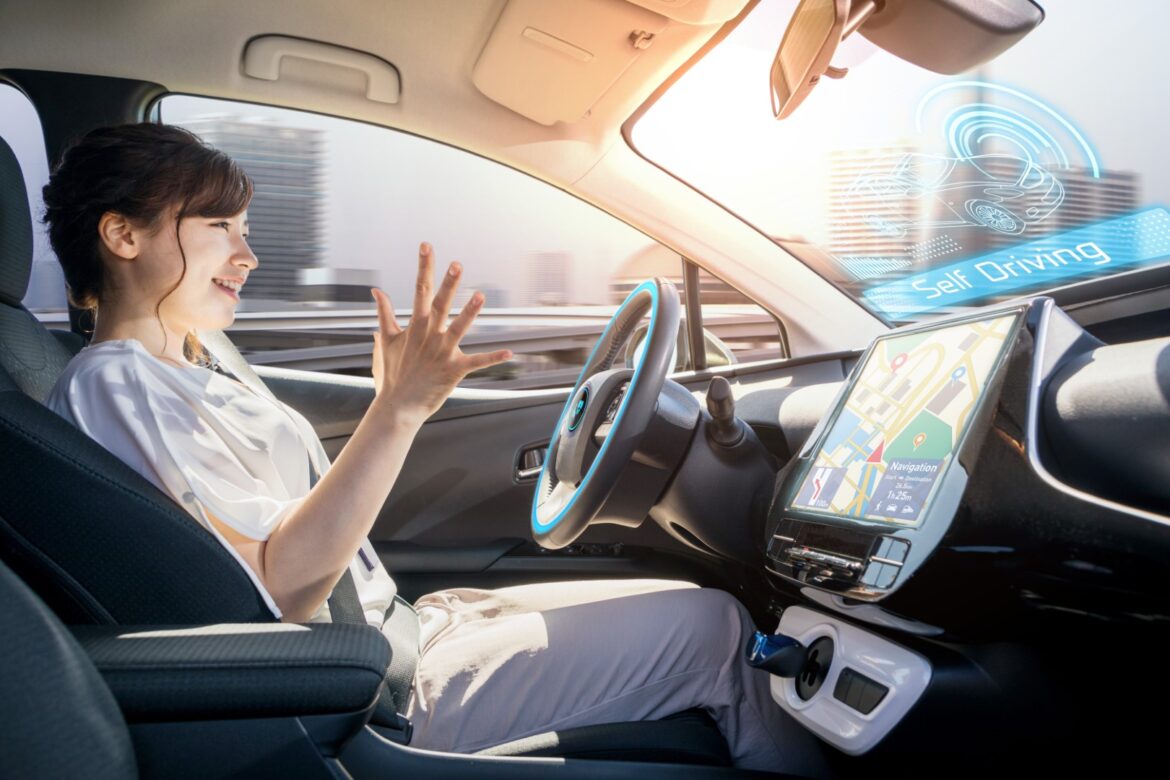Self-driving cars are no longer a concept only seen in science fiction movies. In recent years, the development and testing of autonomous vehicles have been increasing rapidly. The future of self-driving cars is closer than we think, and it is set to transform the way we travel. In this article, we will explore the current state of self-driving cars, the challenges they face, and the potential impact on our lives.

Current State of Self-Driving Cars
Self-driving cars use sensors and software to navigate roads without human intervention. They rely on a variety of technologies, including lidar, radar, and cameras to detect and respond to their surroundings. Currently, self-driving cars are still in the testing phase, and they are not yet available for purchase by the general public. However, several companies, including Tesla, Waymo, and Cruise, are already testing their self-driving cars on public roads.
Tesla’s Autopilot system is one of the most well-known self-driving systems currently available. It allows drivers to take their hands off the wheel and let the car drive itself under certain conditions. However, Tesla’s Autopilot is not fully autonomous, and drivers are still required to remain alert and ready to take control of the vehicle at any moment.
Waymo, a subsidiary of Alphabet, is also testing its self-driving technology on public roads. Waymo’s vehicles use a combination of lidar, radar, and cameras to detect and respond to their surroundings. In 2020, Waymo launched a ride-hailing service in Phoenix, Arizona, using its self-driving cars. However, the service is only available to a select group of customers, and there is still a safety driver in the car at all times.
Challenges Facing Self-Driving Cars
Despite the progress made in the development of self-driving cars, there are still several challenges that need to be addressed before they become widely available. One of the biggest challenges facing self-driving cars is safety. Autonomous vehicles need to be able to navigate complex traffic situations and make split-second decisions to avoid accidents. There have been several high-profile accidents involving self-driving cars, including a fatal crash involving a Tesla in 2018.
Another challenge facing self-driving cars is the legal and regulatory framework. Currently, there are no clear regulations governing the use of autonomous vehicles. Each state in the US has its own laws regarding self-driving cars, making it difficult for companies to test and deploy their vehicles across the country. The lack of clear regulations also raises questions about liability in the event of an accident involving a self-driving car.
Finally, there is the challenge of public acceptance. Many people are still skeptical about the safety and reliability of self-driving cars. A survey conducted by the American Automobile Association (AAA) in 2020 found that only 12% of respondents would feel safe riding in a fully self-driving car. Companies developing self-driving cars will need to address these concerns to gain public trust and acceptance.

Potential impact of self-driving cars
As self-driving cars become more advanced, they will likely have a significant impact on the transportation industry. Self-driving cars could lead to the development of new transportation models, such as on-demand ride-sharing services that are more efficient than traditional taxi services. They could also reduce the need for parking spaces in cities, as self-driving cars could drop off passengers and then continue to their next destination, rather than parking for extended periods of time.
However, there are also concerns about the impact of self-driving cars on employment. Self-driving cars could potentially replace human drivers, which could lead to job losses in the transportation industry. There are also concerns about the safety of self-driving cars, as accidents involving autonomous vehicles have occurred in the past.
Overall, the future of self-driving cars is exciting, as these vehicles have the potential to greatly improve transportation efficiency and safety. However, there are also challenges that need to be addressed before self-driving cars become widely available to the general public.

